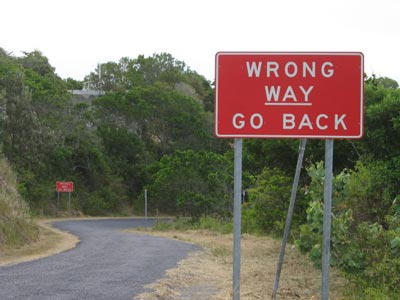Aid Watch blog ends; New work on development begins
Today, after two years and four months, we end the experiment that was the Aid Watch blog. We think the experiment was a success. We’ve had a great time blogging here. Thank you all for reading and writing back, and to our wonderful guest bloggers, for helping to make Aid Watch a source for way-outside-the-Beltway commentary on aid. Your response continues to exceed our expectations.
Some of you may be surprised. This was not a sudden decision; we have been talking it over with a few others for some time now.
The simple reason for ending the blog is that we want to free up our own time for writing longer and more substantive pieces, both academic and non-academic, on development.
The blog is a hungry mouth that always wants to be fed, and the longer projects we’d like to take on don’t fit in with those constraints.
Economists are professionally trained to be wary of diminishing returns to any one activity, and to be entrepreneurial about starting new activities. Although we’ll still write about aid, we plan to move away from aid criticism as our main focus, and put more emphasis on the high-stakes development debates going on now. We still believe that more aid will reach the poor the more people are watching aid, but, as we’ve always known, there’s a lot more to development than aid.
Fortunately for us all, there are many other good blogs on aid and development that have sprung up since we started Aid Watch, from smart establishment blogs like Development Impact at the World Bank, to lonely aid workers blogging from Malawi (check the sidebar for our recommendations).
The blog will stay at its current web address, and all the archives will remain available and searchable. Check for updates on our work at the DRI web site.
Signing off for now,
Bill and Laura
 From Aid to Equality
From Aid to Equality




